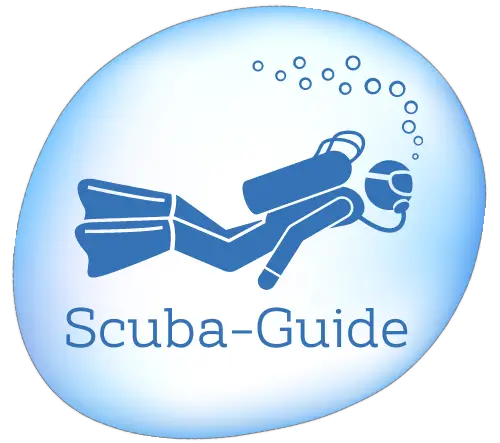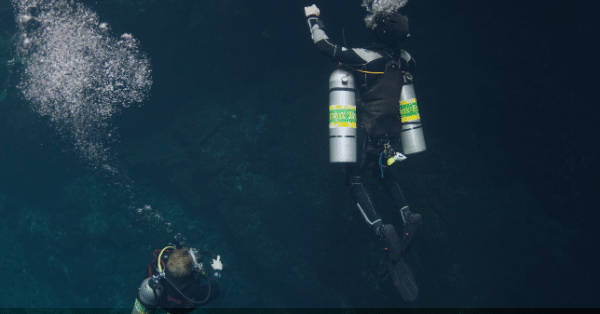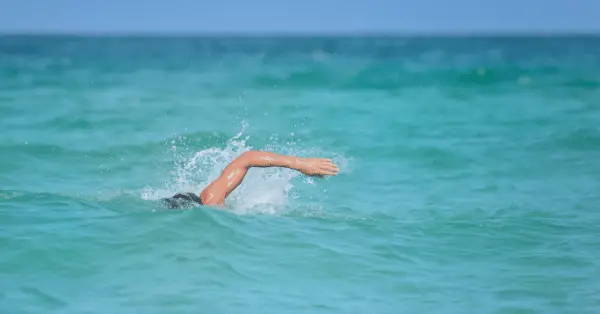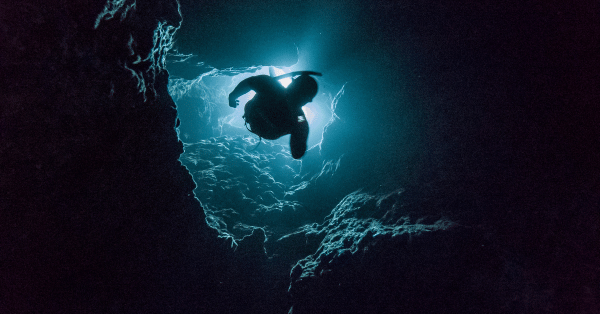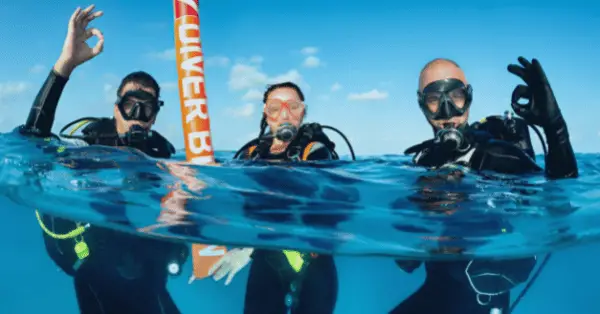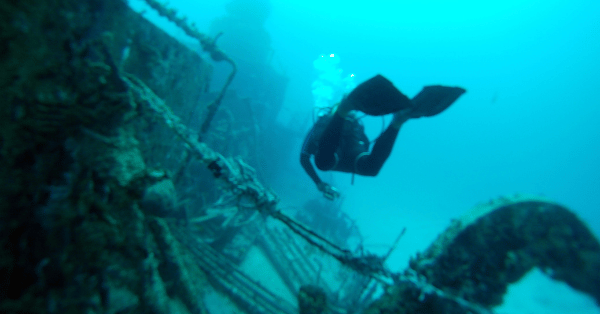Everything you need to know about Solo Scuba Diving: Is it even legal?
Solo Scuba Diving is a popular activity that can be extremely rewarding and enjoyable, but it does come with certain risks and legal considerations.
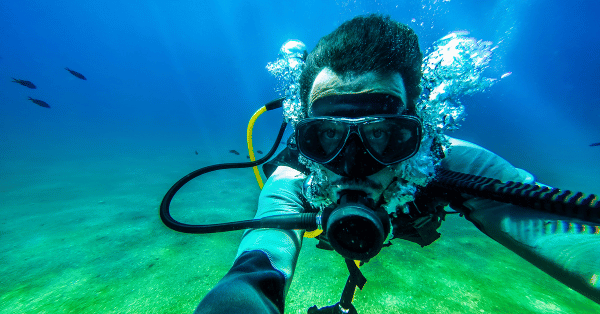
Is it legal to solo dive?
Solo Scuba Diving can be dangerous, and many countries have strict laws about diving without a partner or guide. Depending on the location, solo Scuba Divers may be required to obtain a license or permit in order to dive.
In most cases, however, solo scuba diving is legal in certain areas under specific conditions. Therefore, it’s important to always adhere to the laws of the country you’re scuba diving in. Before planning a solo dive, make sure to familiarize yourself with the legalities and regulations of your destination.
Because rules and regulations share regularly, we will not give any advice on where and how it’s legal or restricted to scuba dive. Please inform with officials.
Why People Dive Solo?
Solo diving can provide a unique and serene experience, allowing you to focus solely on the beauty and wonder of the underwater world. However, it is important to remember that solo diving can also be dangerous if not done properly. Before attempting a solo dive, it is important to have the necessary training, experience, and equipment.
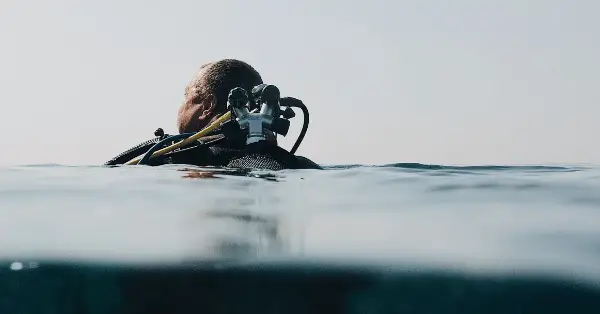
The Importance of Proper Training
Before attempting a solo dive, it is important to have the proper training and certification. This will ensure that you have the necessary knowledge and skills to handle any situation that may arise. The most widely recognized certification for solo diving is the PADI Self-Reliant Diver specialty course. This course teaches divers the skills and knowledge necessary for safe and enjoyable solo diving.
Essential Equipment for Solo Diving
When diving alone, it is important to have the necessary equipment to handle any situation that may arise. Some essential equipment for solo diving includes:
- A redundant air source, such as a pony bottle or spare air
- A dive computer or backup timing device
- A surface marker buoy (SMB) or safety sausage (portable diver flag)
- A signaling device, such as a whistle or horn
- A cutting tool, such as a dive knife or shears
Planning Your Solo Dive
Proper planning is essential for safe and enjoyable solo diving.
When selecting a dive spot, make sure it matches your diving capability and experience. It’s vital to inspect the climate and oceanic environment before plunging into the depths. Confide in someone about your underwater mission, as well as when you anticipate arriving back on land. Furthermore, have an alternate plan in case of any unexpected scenarios.
It’s also crucial to stick to your plan and not go any deeper, stay longer, or skip the safety stop.
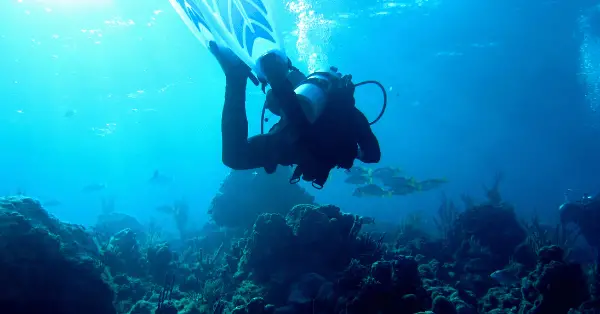
Commercial solo diving
Certain professional scuba divers are required to solo dive. For example, ship maintenance and cleaning are usually done alone – at least not in a team at the same spot. Other hazardous jobs like Marines and bomb diffusion divers are diving solo to limit the risk of potential accidents to one person – as harsh as this may sound.
My personal take on solo diving and why I don’t do it
For me, getting ready and being on a boat with a like-minded group of people is half the scuba experience. It’s not just for safety reasons – which I truly believe are important – but also to share the scuba diving adventure with a buddy.
Conclusion
Diving solo can be a rewarding and enjoyable experience, but it is important to approach it with caution and proper training. By following the tips and techniques outlined in this article, you can enjoy safe and enjoyable solo diving. Remember, the underwater world is waiting for you, but safety should always come first.
Important: Lastly, make sure you check your local rules and regulations, if it may prohibit you from solo scuba diving.
